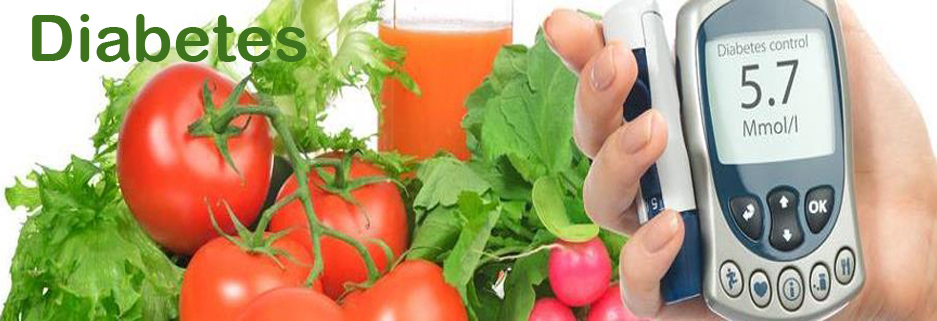|
Diabetes , also called "Diabetes mellitus," is a disease in which your blood glucose, or blood sugar, levels are too high. Glucose comes from the foods you eat. Insulin is a hormone that helps the glucose get into your cells to give them energy. With type 1 diabetes, your body does not make insulin. With type 2 diabetes, the more common type, your body does not make or use insulin well. Without enough insulin, the glucose stays in your blood. You can also have prediabetes. This means that your blood sugar is higher than normal but not high enough to be called diabetes. Having prediabetes puts you at a higher risk of getting type 2 diabetes.
Over time, having too much glucose in your blood can cause serious problems. It can damage your eyes, kidneys, and nerves. Diabetes can also cause heart disease, stroke and even the need to remove a limb. Pregnant women can also get diabetes, called gestational diabetes.
Diabetes (diabetes mellitus) is classed as a metabolism disorder. Metabolism refers to the way our bodies use digested food for energy and growth. Most of what we eat is broken down into glucose. Glucose is a form of sugar in the blood - it is the principal source of fuel for our bodies.
When our food is digested, the glucose makes its way into our bloodstream. Our cells use the glucose for energy and growth. However, glucose cannot enter our cells without insulin being present - insulin makes it possible for our cells to take in the glucose.
Insulin is a hormone that is produced by the pancreas. After eating, the pancreas automatically releases an adequate quantity of insulin to move the glucose present in our blood into the cells, as soon as glucose enters the cells blood-glucose levels drop.
Controlling diabetes - treatment is effective and important
- All types of diabetes are treatable. Diabetes type 1 lasts a lifetime, there is no known cure. Type 2 usually lasts a lifetime, however, some people have managed to get rid of their symptoms without medication, through a combination of exercise, diet and body weight control.
- Patients with type 1 are treated with regular insulin injections, as well as a special diet and exercise.
- Patients with Type 2 diabetes are usually treated with tablets, exercise and a special diet, but sometimes insulin injections are also required.
- Losing weight if you are overweight or obese.
If diabetes is not adequately controlled the patient has a significantly higher risk of developing complications.
What health problems can people with diabetes develop?
- heart disease
- stroke
- kidney disease
- eye problems
- dental disease
- nerve damage
- foot problems
|




